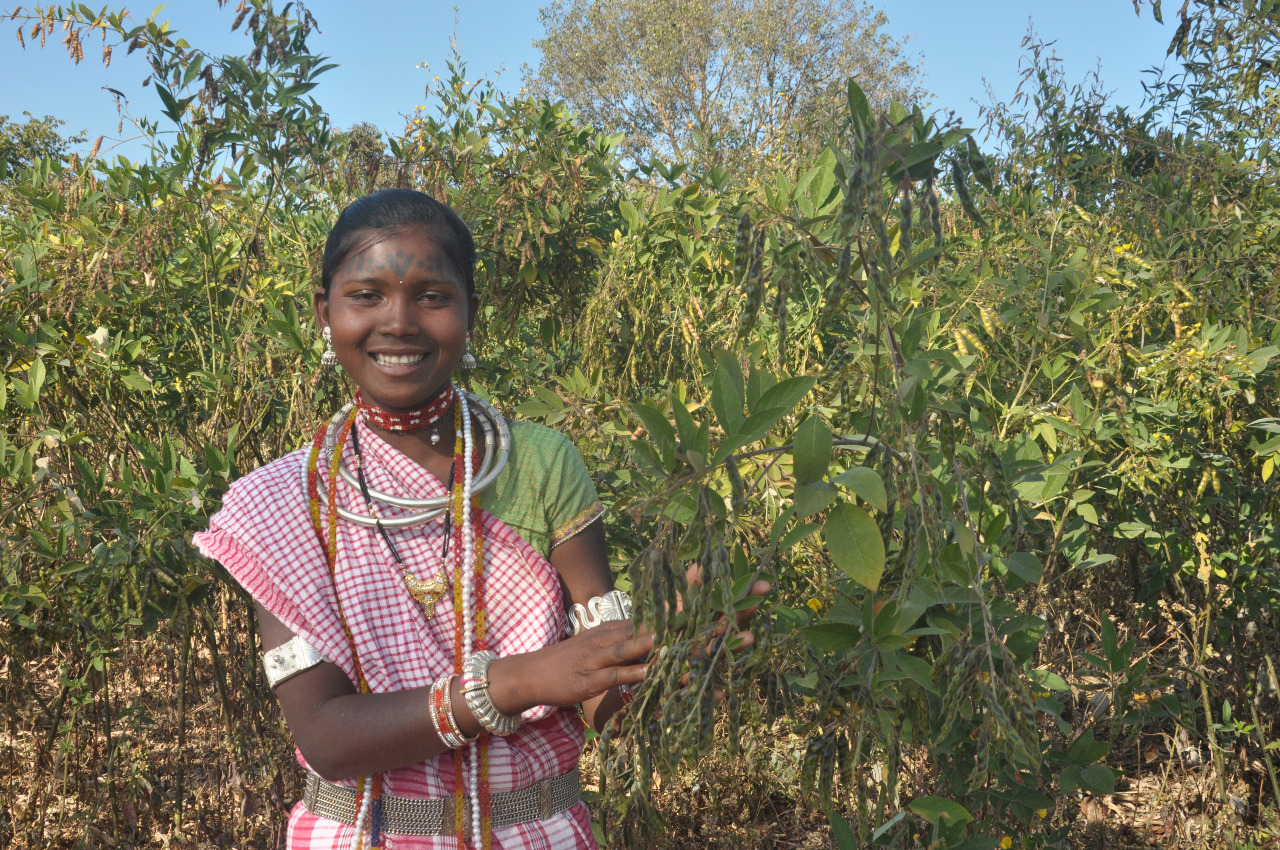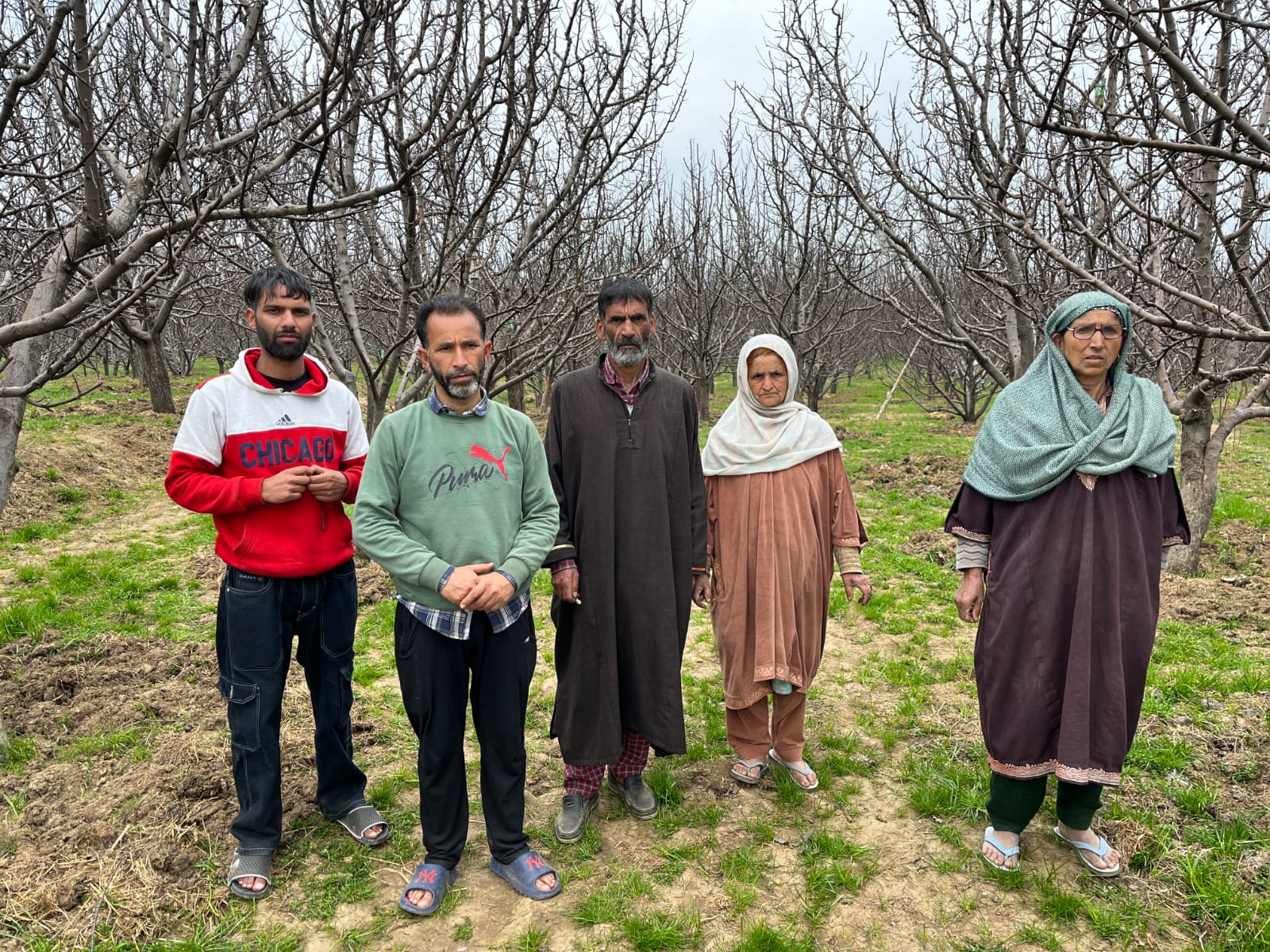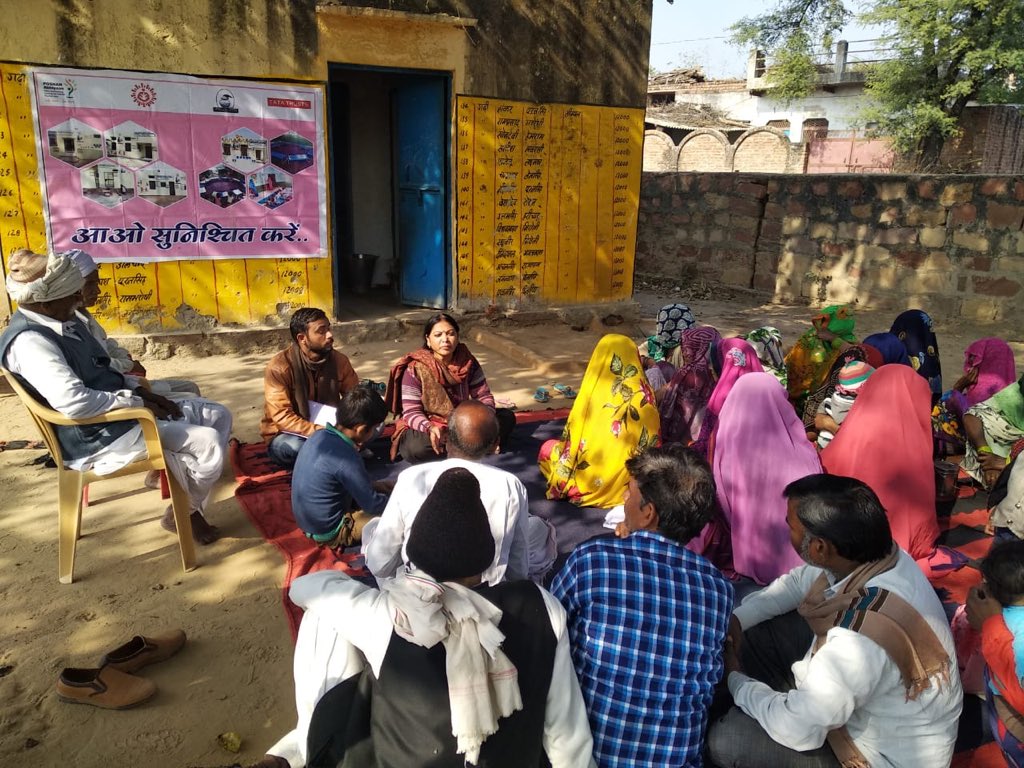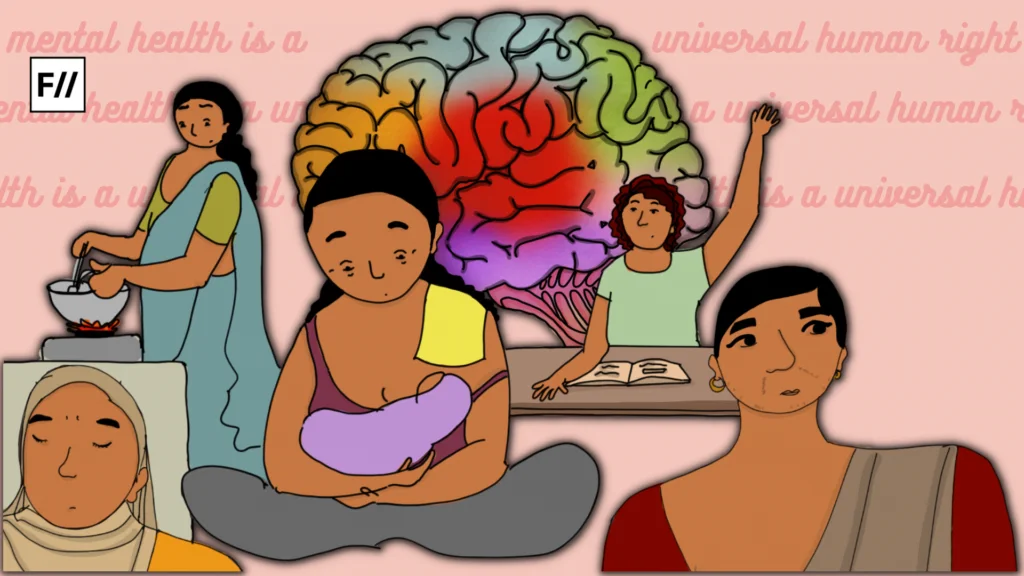Going local can be a powerful solution for food, nutrition, and income issues faced by people living in rural areas. The approach focuses on harnessing local knowledge and talent, providing scientific and technological support by government, SHGs and other stakeholders to farmers, with capital infusion in the project inception period, and support in value addition and marketing. Tribal women (Baiga and Gond tribes) living in the Dindori district, Madhya Pradesh, with support from the Government of Madhya Pradesh, have demonstrated that going local is a promising way forward for enhancing income and ensuring food security in rural India.
Tribal women farmers (16,289) growing Kodo (Paspalum scrobiculatum) and Kutki (Panicum sumatrense) in 21.537 acres are at the forefront of the Tejaswini project started by the Government of Madhya Pradesh in 2013, with the objective of empowering women farmers and ensuring food security. Along with the tribal women farmers, nine women’s federations and 2,462 women’s SHGs (as of 2021) have leading roles in purchasing and processing Kodo and Kutki into biscuits and other food items for Anganwadi centres and the local market.
However, the beginning was not easy, as Kodo and Kutki were sold at very low rates (Rs 8 to Rs 20) in the local market. Women farmers did not know the scientific farming practices, and most people did not understand the nutritional value of the Kodo and Kutki. Due to low demand, farmers started shifting to paddy as it brought better prices. Increased paddy cultivation, the water-guzzling crop in the economically fragile region of river Narmada, would have seriously impacted the water-stressed district.
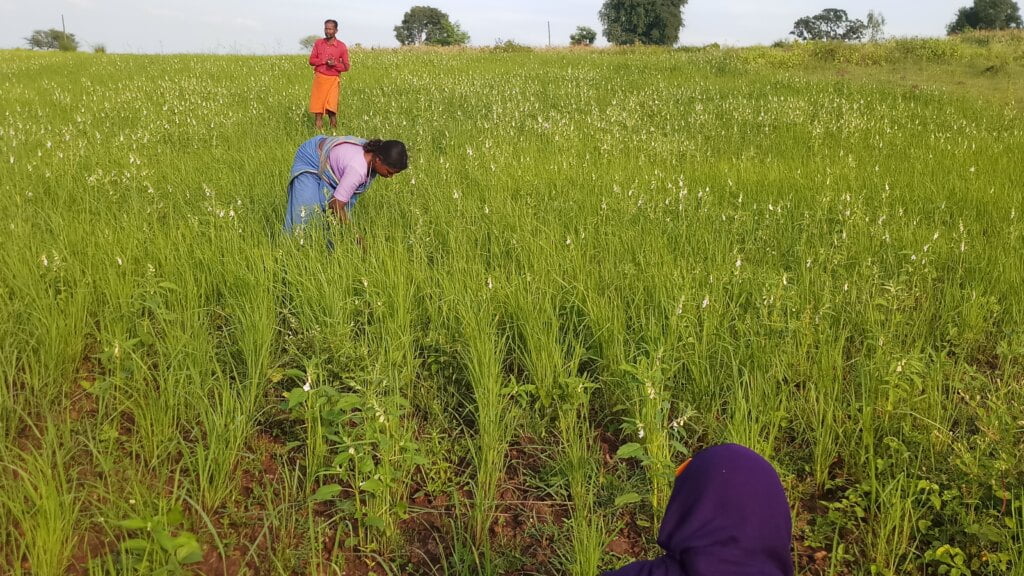
But Baiga and Gond women were keen to learn and experiment with something new by cultivating Kodo and Kutki. Hundreds of women who are part of Self Help Groups (SHGs) formed the backbone of the initiative. The Farmer Welfare and Agriculture Development Department, Women and Child Development Department, and Krishi Vigyan Kendra in the Dindori district started training women farmers of SHGs on seed treatment, line sowing, application of vermicompost, and the creation of a seed bank at the family and the community levels.
With female literacy at 50.7 percent, and women with little exposure to the outside world, the trainings were conducted in local languages through demonstration methods. Women picked up the new agriculture practices fast and started adopting them in growing Kodo and Kutki in their fields. Sonkali Bairaigi, Mundi village, Dindori says that the yield of crop initially at two quintals per acres increased to five-six quintals per acre after training.
Also Read: Women And Self-Help Groups: A Sustainable Model Of Rehabilitation And Empowerment
Vinita of Rai village mentioned that training helped them understand the need for proper ploughing, as it helps in weed removal, which results in fewer pest attacks on the crop. As a result of these trainings, the productivity of Kodo and Kutki in the district has increased by 25 percent per hectare from 2015-16 to 2020-21. Overall production increased by 12.5 percent in the same period.
The grains of Kodo and Kutki from women farmers are purchased by the nine federations at the local purchase centres.
Rekha Pendram, of Nari Chetna Mahila Sangh, Mehandwani block, says, “Her federation purchases Rs 500 quintals of kodo kutki per year at the rates approx. Rs. 20 per kg for Kodo and Rs. 35-40 per kg for Kutki,” an increase in rate of 100–120 percent from pre-2013 period.
The purchase is made from a revolving fund of the federation, and payment to women farmers is made immediately after the procurement.
Rekha also said that 2,500 women farmers belonging to 275 SHGs are growing Kodo and Kutki in their fields in Mehandwani block. After procurement, the processing plant of the federation makes biscuits and food items that are supplied to the Anganwadi centres, and the payment for the supply is made by the district administration. Through the 1,913 Anganwadi centres in the district, nutritious food is provided to nearly 38,043 children, thereby ensuring better nutritional security.
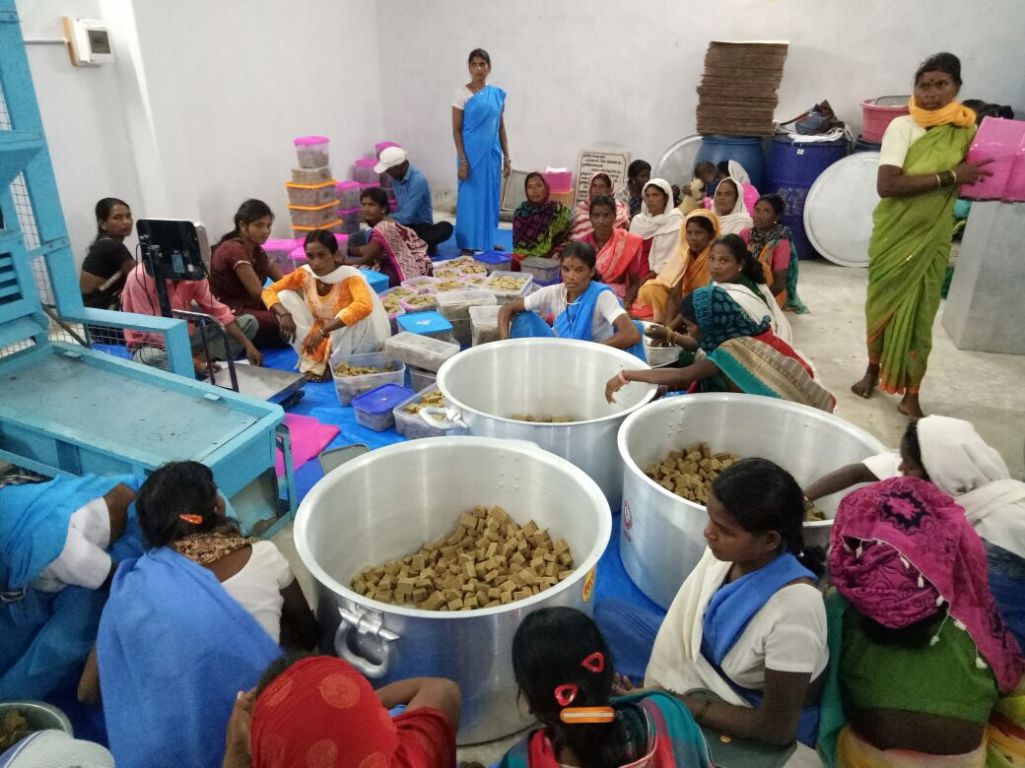
The initiative is also helping in addressing nutritional issues in the district where 45.6 percent of children below five years are stunted, and 46.6 percent of children in the same age group are underweight. In addition, adequate availability of this crop at the household level can positively affect women’s health as 35.8 percent of women in the district have a Body Mass Index below normal (BMI < 18.5 kg/m2 ). Thus, Kodo and Kutki have huge potential to address food and nutritional security for people residing in and around Dindori, Madhya Pradesh.
Rekha of Phulbai village says, “Meeting at SHGs helps her learn various recipes for kodo-kutki. She can cook upma, dosa, ladoos, halwa, and kheer with it, and her family members like these items a lot. Earlier she boiled it (like rice) for consumption, which limited its usage in the family.”
People have also become aware of its medicinal properties, such as reduction in obesity and control of diabetes and blood pressure. This has also increased the consumption of kodo-kutki at the local level, leading to an increase in local demand.
Rekha says that the crop has provided her additional yield per acre, increasing her income, which has helped her educate her children. Some women farmers of SHGs share that there is more potential for expanding the cropping area. Thirty to forty percent of women are growing the crops in their agriculture field or on adhyia / batai, and more women farmers can take up the cultivation after learning from other women farmers.
Women farmers share that their lives have changed by being part of SHGs.
Sonkali of Mundi village mentions that she did not know anything about the outside world. She used to hide in the house whenever outsiders came to her home. Being part of the SHG and having regular interaction with other women SHGs and the federation gave her and other women the confidence to go to agriculture training programs at the block level and work in processing centers of the federations.
She also shares that her knowledge about cultivation techniques is appreciated in the family, and men now listen to her suggestions. The empowerment of women is also an intended consequence in the area.
Women who work in processing plants of the federation feel that they need more support from other stakeholders for product designing, quality improvements, packaging, branding, and marketing. Selling loose biscuits of kodo kutki at Rs 150 kg for want of good packaging and branding leads to a substantial loss in income.
Also Read: How Is The Covid-19 Lockdown Affecting Farmers?
The scheme must work to encourage and guide private players from big cities such as Nagpur, Indore, and Bhopal to add value and brand to the product. At the same time, local demand should be pushed by having Kodo-Kutki food festivals in schools, colleges, and at religious festivals and sports tournaments. All these will help to keep up the demand for the crop and fetch reasonable prices for women farmers.
Tribal women farmers of the Dindori district have experienced tremendous learning about income enhancement opportunities for farming in India. Harnessing local knowledge, training by agriculture experts, capital infusion from the government and other stakeholders, assistance in value addition and marketing in the project inception phase, and tapping into the hard work and talent of the local population are the enabling factors for going local to enhance food security and income in rural India. Going local can be the stepping stone to going global.
References
- Proceedings of Webinar, Ministry of Panchayat Raj, Government of India, Proceedings of the National Webinar on Localization of Sustainable Development Goals and Role of Panchayats – SDG No. 2 – Zero Hunger on 23rd August 2021 as part of AZADI KA AMRIT MAHOTSAV
- National Family Health Survey – 4, 2015-16
- Kodo-Kutki Way: Empowering Women Farmers for Ensuring Food Security, Madhya Pradesh Mahila Vitta Evam Vikas Nigam, Government of Madhya Pradesh, 2012
- The author is grateful to Mati Murmu, Program Associate, Sehgal Foundation, Bihar for conducting interviews with women of the SHGs.
Vikas Jha is the Principal Lead, Local Participation and Sustainability at S M Sehgal Foundation. He has PG Diploma in Policy Studies, the University of London and a Master’s degree in Social Sciences, Jawaharlal Nehru University, New Delhi. He has twenty years of experience in the development sector with specialisation in capacity building of local institutions, community empowerment, agriculture and livelihood in different states of India.
